Blog > Sleep Better in 2024 – Top 20 Proven Tips For Restful Nights
Blog > Sleep Better in 2024 – Top 20 Proven Tips For Restful Nights
For centuries, we took sleep for granted and had a limited understanding of how it impacted our body and health. Due to advancements in science, today we know how important sleep is While we sleep, our body reboots, repairs, and recovers rapidly, making sleep necessary for survival, much like food and water.
But in this always-connected, productivity-obsessed culture, getting quality sleep is a distant dream for many. About one in four Americans develop insomnia every year due to social pressures, stress, and responsibilities that consume our thoughts and can impact sleep.
About 35% of Americans are sleep deprived, costing the nation $411 billion annually. Poor sleep affects our physical, mental, and emotional well-being. Lack of sleep leads to poor concentration levels, weak judgment, slow reaction time, mood swings, weight gain, and low quality of life-it’s no wonder we are constantly looking for ways to improve our sleep quality.
If you’re looking to improve your sleep, here are 20 science-backed tips to help you get the best sleep of your life.
For more tips, skip to the infographic below.
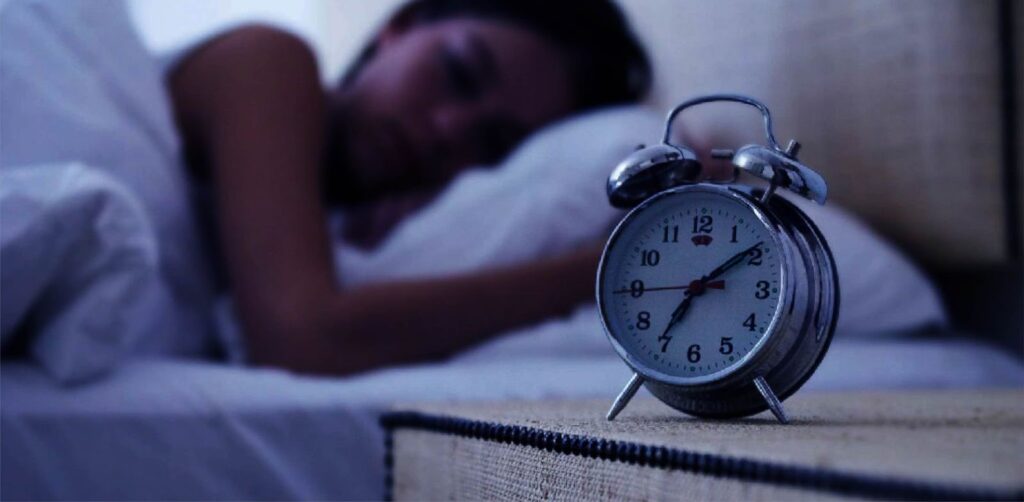
One of the most important ways to improve your sleep is to set a consistent bedtime. Sometimes, this isn’t always possible due to life getting in the way. However, if you truly want to transform your sleep, staying on a consistent sleep/wake schedule is the way to go.
Staying on a sleep schedule consistently is shown to improve sleep quality and decrease your chances of metabolic diseases.
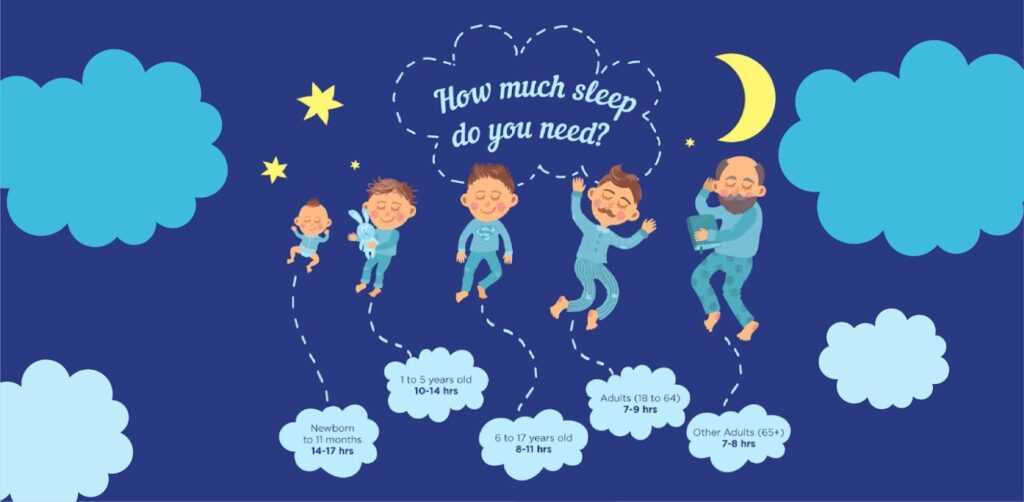
Everyone’s sleep needs are different, but we all need it! Whether you can feel great with 7 hours or sleep or need a more robust 9, knowing what works best for your body is another key to better sleep. Our sleep needs change as we age, with the average adult needing 7-9 hours of sleep.
Your gender also contributes to your need for sleep. On average, women need more sleep than men. Studies have shown that women get an average of 11 more minutes of sleep each night than men. Women are more likely to nap than men and spend more time in deep sleep.
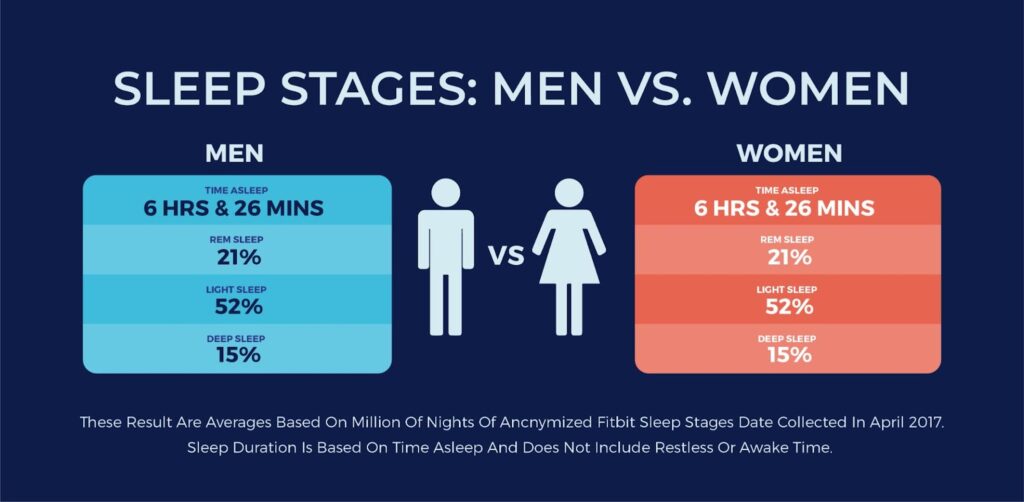
The hormones and chemicals in our body are responsible for regulating our moods, hunger, and can even impact our sleep. Cortisol, called “the stress hormone”, also plays a role in sleep regulation. Cortisol also impacts weight, metabolism, energy, and inflammation. Hormonal changes can disrupt sleep patterns and sleep loss can cause hormonal changes, leading to a vicious cycle.
Like sleep, cortisol follows a circadian rhythm. Around midnight, cortisol production is the lowest it is all day. It reaches its peak around an hour after you wake up. Studies have shown that those with insomnia have higher levels of cortisol. If you’ve been experiencing insomnia, weight gain, inflammation, or issues with energy, ask your doctor for a cortisol blood test to see if your levels are normal.
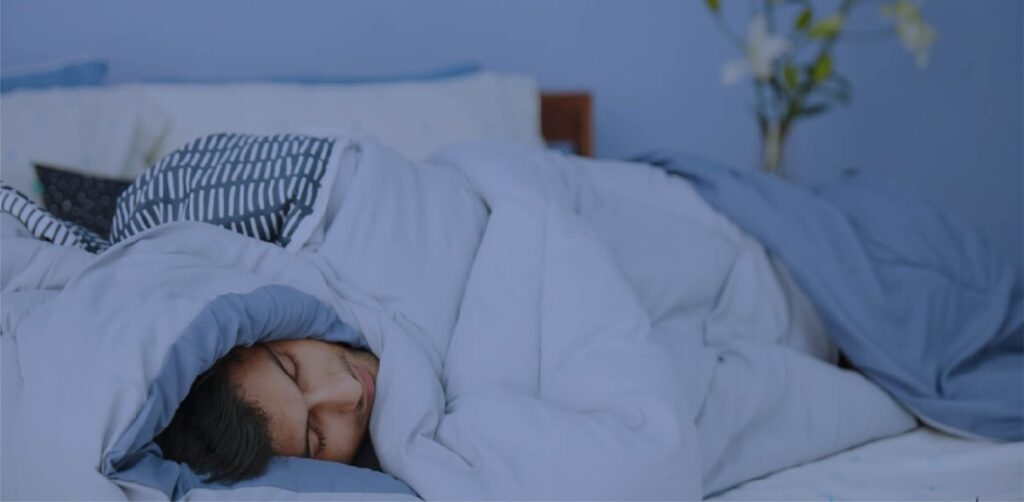
If you notice you sleep better in a cool room, you’re right and science is on your side. Room and body temperature both help regulate sleep. Your body temperature lowers at night and sleeping in a cooler room will help keep temperatures low and ensure you stay asleep.
According to research, the optimal temperature to keep your room is anywhere from 65 to 70 degrees for the best sleep. If this seems too cold but you’ve been waking up sweating and uncomfortable, try it out for a few nights and see how you do. If it’s still too cold for you, turn up the thermostat to the most comfortable temperature for you.

If you’re wanting to live a more healthy lifestyle and improve your sleep, engaging in regular exercise is vital. One of the best science-backed ways to improve sleep, regular exercise is proven to decrease insomnia and shorten the amount of time it takes to fall asleep.
While exercise is important to sleep, avoiding going too hard and participating in strenuous exercise before bed. Intense exercise can have the opposite effect and leave you lying awake at night.
Exercise stimulates the hormones epinephrine and adrenaline that aid in alertness. Not everyone who exercises too close to bedtime will have trouble falling asleep, according to some research. When trying out a new exercise routine, experiment with different times of the day and see how it impacts your sleep.
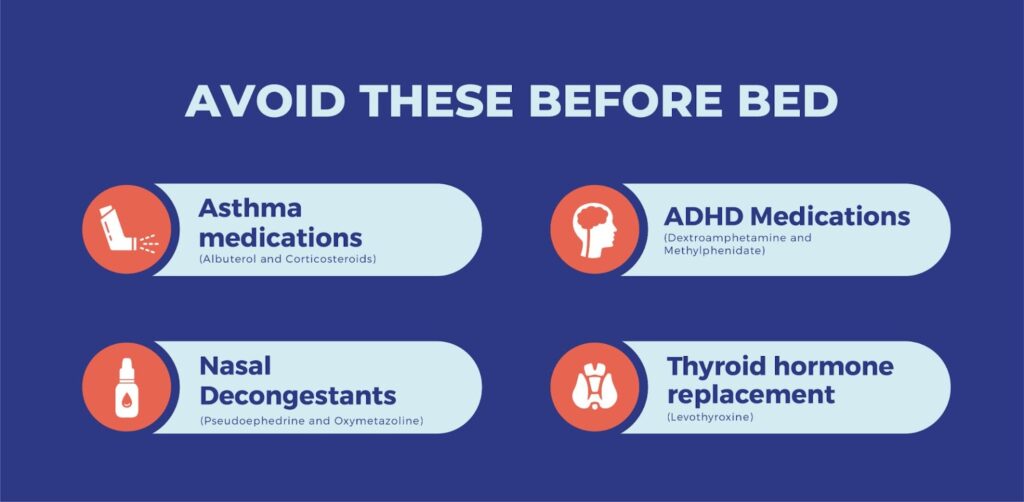
Many of us take medications before bedtime. While some, like sleep aids and supplements, are designed to help you sleep, some necessary medications can disrupt sleep and leave you feeling groggy and unrested.
Here’s a list of some medications that can keep you awake:

Both darkness and light are key to getting good sleep. Light helps regulate circadian rhythms, increases daytime energy, and increases sleep time. Sunlight exposure early in the morning and dim lights in the evening help our body transition through the sleep-wake cycle. One study conducted with insomnia patients discovered daytime light exposure increased sleep quality and duration.

For most, this is easier said than done. Making the effort to ease worries and anxiety before bed can make a positive difference in your sleep. There are many practices and activities that can help ease anxiety before bed. One of the most effective with science-backed evidence is meditation.
In recent years, meditation has grown in popularity for its ability to ease anxiety and help with sleep. Mindfulness meditation, in particular, is proven to increase sleep quality. From guided video and audio meditations to meditation apps, there are options for everyone to try meditation to improve their sleep.

Naps are a great way to recharge when you’re tired or didn’t sleep enough the night before. However, naps can be too much of a good thing. If you must sleep in the middle of the day, it’s best to keep your naps short. Research shows that napping more than 30 minutes impacts sleep quality later at night. Napping during the day also confuses your internal clock.
While naps can be helpful, for optimal sleep quality, it’s best to keep them short.
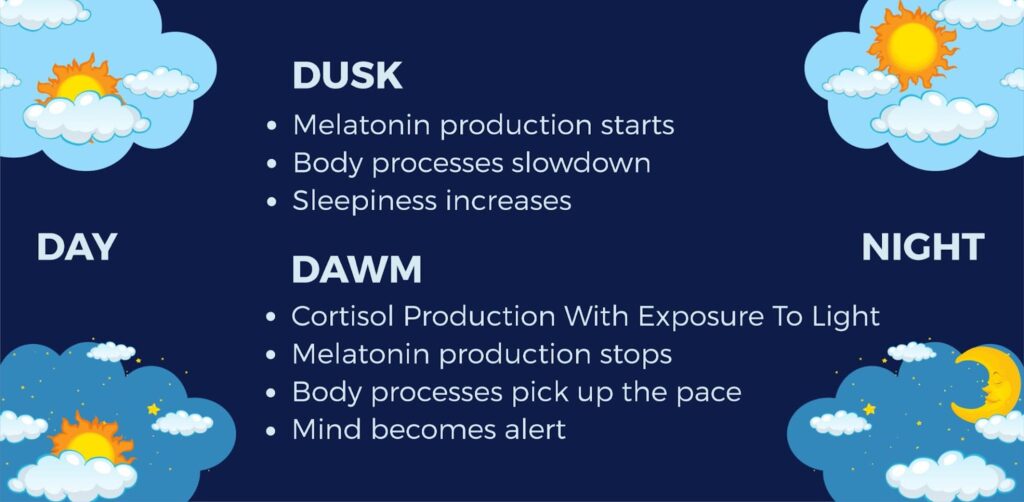
Not everyone thrives with the traditional day/night schedule. Called monophasic sleep, this consists of 7-8 hours of sleep with no naps during the day. Those looking to hack their sleep and improve productivity often shun monophasic sleep. Science recognizes three sleep patterns: monophasic, biphasic, and polyphasic.
Here’s a rundown of each:
Monophasic | 8 hours sleep at night without naps during the day |
Biphasic | 6-7 hours sleep at night with a nap in the afternoon |
Polyphasic | 90 minutes to 6 hours sleep at night with multiple 20-minute naps during the day to add up to 3-4 hours |
In a 2017 study, researchers found that college students who adopted a polyphasic sleep pattern experienced sleep pattern disruptions and reduced academic performance.
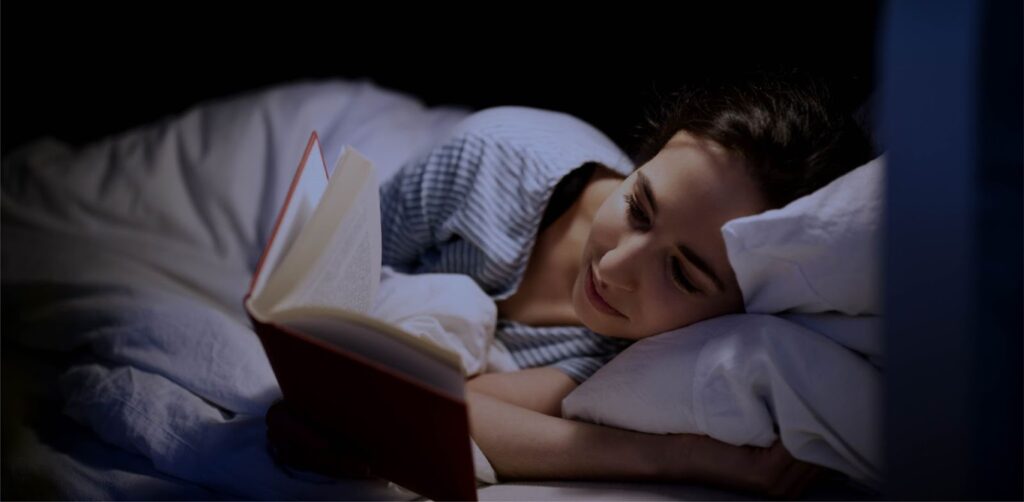
When it's time to go to bed, it can be difficult to calm your thoughts. One of the best ways to calm your mind before bed is to read a printed book. One study found reading on an E-reader like a Kindle or an iPad before bed increased the time it took to fall asleep versus reading a printed book. Another study conducted in 2009 found reading before bed reduced stress by 68%.
Instead of catching up on the latest TV show, grab a book instead.

With most of our lives on screens, we are constantly taking in blue light. While blue light is beneficial during the morning to help us wake up, at night it has the opposite effect. Blue light is emitted by screens and inhibits melatonin production which is why you end up having trouble sleeping after scrolling through your phone in bed.
To avoid blue light exposure, invest in blue light blocking glasses to wear when you’re watching TV or using the phone at night. There are also apps and special screen shades that block blue light from your devices.
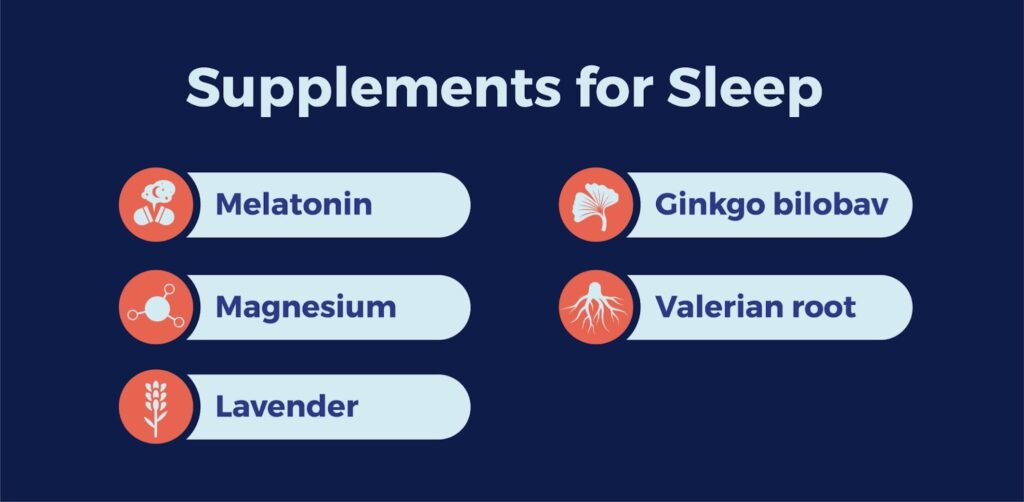
You can purchase supplements designed to help you sleep and stay asleep at your local grocery store or pharmacy. One of the most popular supplements, melatonin, is the same hormone that tells your body to go to sleep. Taking melatonin is one of the easiest ways to fall asleep and is proven to help you stay asleep and wake up without feeling groggy.
Along with melatonin, here are some other supplements to help sleep:

Eating or consuming certain foods before bed, like caffeinated beverages and spicy foods, can keep you awake and cause stomach problems. Consuming caffeine up to 6 hours before bed is proven to disrupt sleep patterns. If you want a snack before bed, luckily there are some snacks you can indulge in without leaving you tossing and turning.
Here are some healthy bedtime snacks to your grocery list:
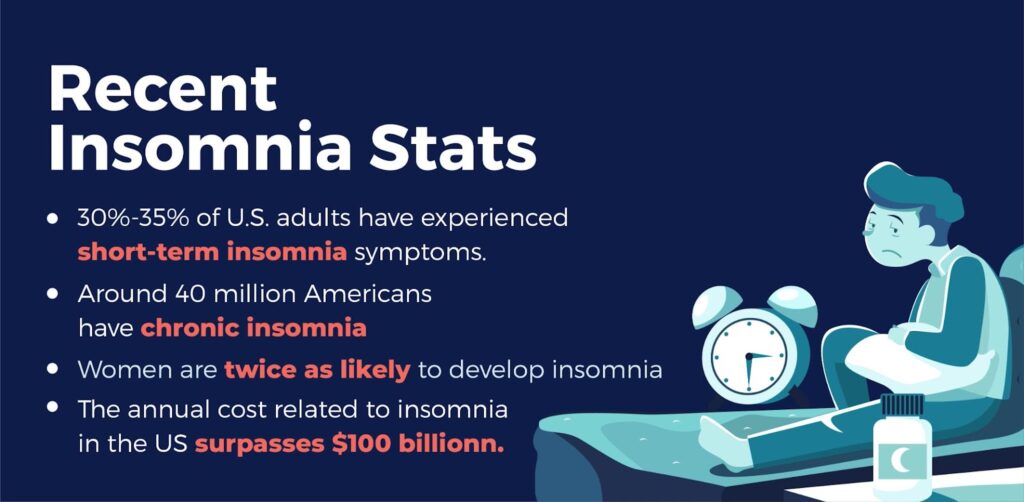
If you’ve tried some at-home methods and supplements to help you sleep and are still having trouble, it might be time to get tested for a sleep disorder. Sleep disorders like sleep apnea, insomnia, hypersomnia, and restless leg syndrome are common yet underdiagnosed.
Sleep apnea is one of the most common sleep disorders that affects up to 30% of the adult population in the United States.
If you suspect you might have a sleep disorder, talk to your doctor for treatment.
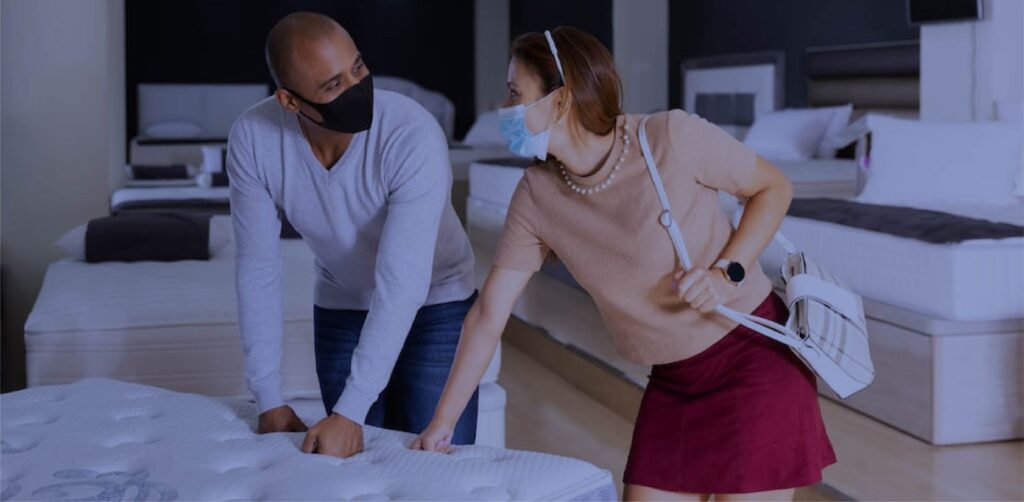
One of the easiest ways to ensure you get better sleep is to upgrade your mattress. This simple fix does come with a financial cost, so it’s best to do your research ahead of time to narrow down your choices. The wrong mattress for your body type and sleep position can end up costing you a good night’s sleep every night. Within 28 days of sleeping on a new mattress, participants in a study reported reduced back pain, shoulder pain, and improved sleep quality by 60%.
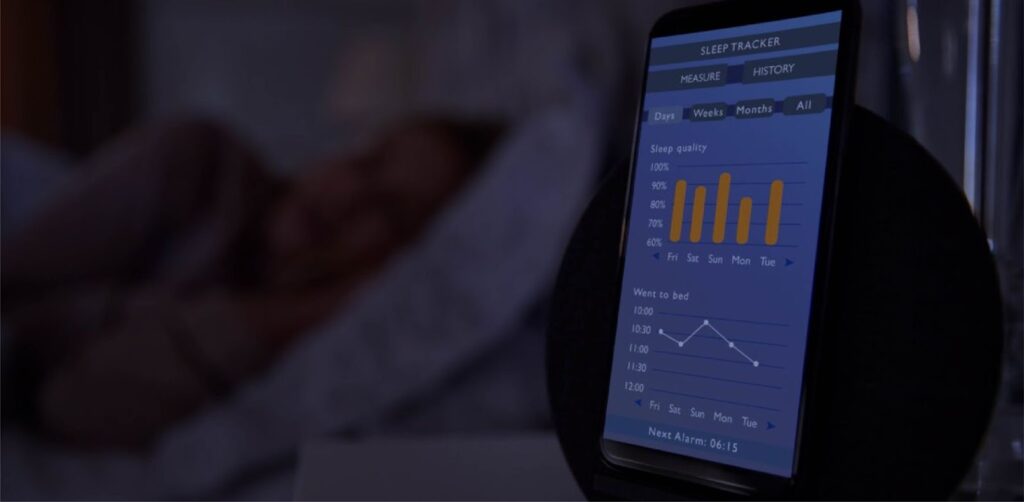
Monitoring your sleep quality is the best and most concise way to find out what, if any, activities are impacting your sleep. Most smartwatches and fitness trackers have built-in sleep trackers that encourage you to keep a journal of your activities to see how they impact sleep. There are also highly reviewed sleep tracking apps for your smartphone.
According to Johns Hopkins University, sleep tracker apps don’t always give an accurate picture of your sleep and how much you sleep, but are still a good tool to track your activities and observe trends.
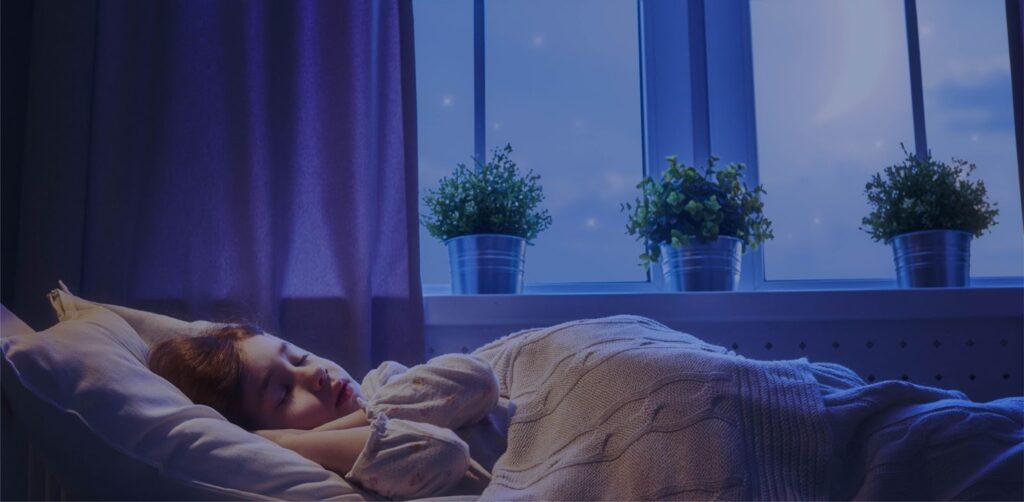
Sleep debt is the collective effect of sleep loss when you don’t sleep enough. If you sleep less than 8 hours regularly, this debt continues to pile up and you start to experience a decline in your physical and mental performance. The only way to repay sleep debt is with more sleep.
A study that followed the sleeping patterns of participants for 13 years found catching up on sleep and effectively repaying sleep debt reduced risk of early death. Another study concluded that it takes four days to make up just one hour of lost sleep.
Sleep debt can be hard to avoid, but sticking with a consistent sleep schedule will help avoid sleep debt from piling up.
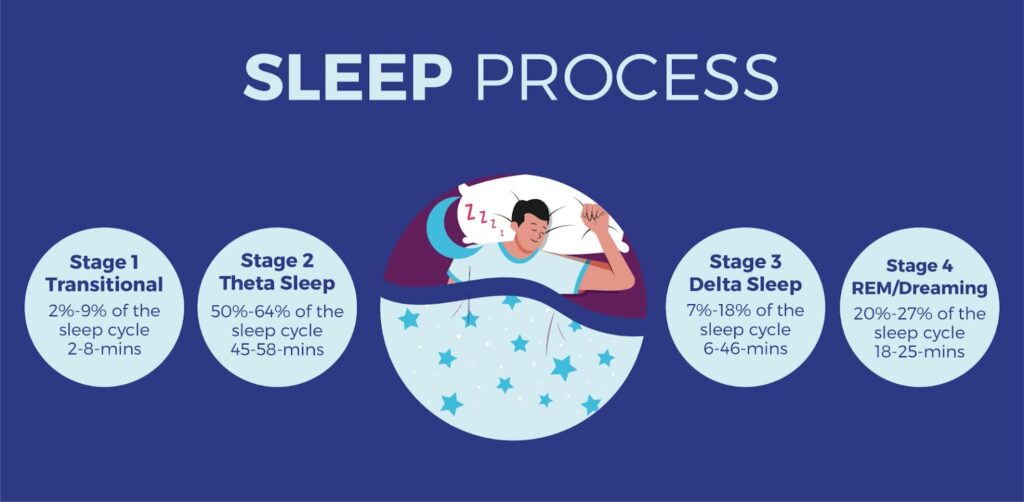
Sleep is a cyclic process with four phases. One sleep-wake cycle takes 90 to 120 minutes to complete, and an average person undergoes 4 or 5 cycles per night. Learning about the sleep cycle and what our bodies go through when we sleep provides a foundation for understanding how to improve our own sleep.
Each of these stages plays a different role in our rest and recovery. You’ve probably heard about REM sleep and deep sleep. There is much more to the sleep cycle than just the terms we’ve heard before.
This information is especially important if you use a sleep tracker. While sleep trackers are not 100% accurate, knowing the basics of the sleep cycle can give you an insight into the amount of time you spend in each stage of sleep.
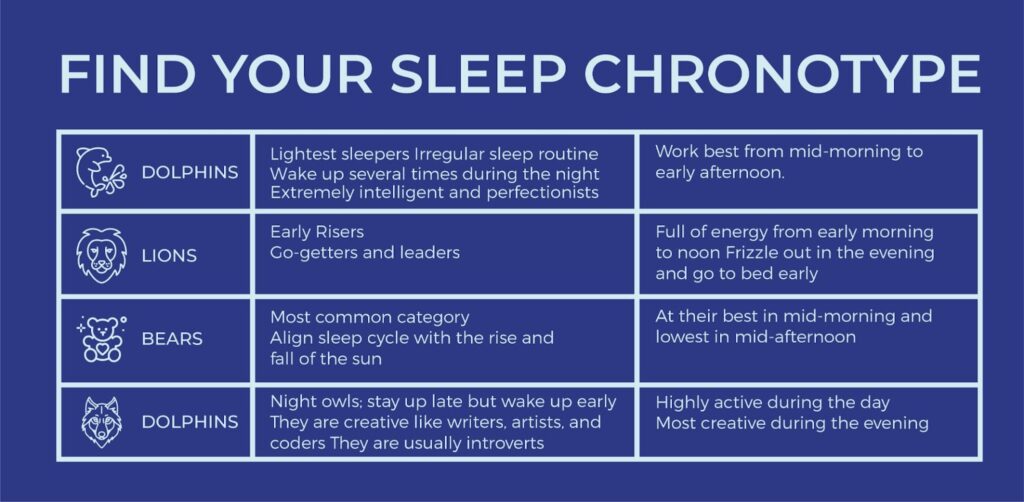
Similar to a personality test, finding your sleep chronotype can help you better understand your own sleep habits. Los Angeles based sleep doctor and the author of The Power of When, Michael Breus, identifies four different chronotypes based on when you sleep, wake up, and when you are the most productive.
Here is a breakdown of each chronotype.
Dolphins | Lightest sleepers Irregular sleep routine Wake up several times during the night Extremely intelligent and perfectionists | Work best from mid-morning to early afternoon. |
Lions | Early Risers Go-getters and leaders | Full of energy from early morning to noon Frizzle out in the evening and go to bed early |
Bears | Most common category Align sleep cycle with the rise and fall of the sun | At their best in mid-morning and lowest in mid-afternoon |
Wolf | Night owls; stay up late but wake up early They are creative like writers, artists, and coders They are usually introverts | Highly active during the day Most creative during the evening |
Find out your chronotype by taking this quiz. If you're still tired after a full night's sleep, it's a sign that your bedtime routine isn't in sync with your chronotype. As a result, if you want to unlock your true potential and avoid sluggishness during the day, you must adjust your sleep schedule.
Despite all the research, surveys, and experiments, we are still far from decoding the exact science behind sleep. One thing is certain: it's not about the amount of hours you sleep, but rather about the quality of your sleep.
The tips outlined above are proven ways to help you sleep. If your goal is to optimal sleep, improve your health, and productivity, continued sleep deprivation puts your body under a great deal of stress, and weekend recovery sleep isn't enough to make up for it. If you want to sleep better and be more productive, pay more attention to your sleep on a daily basis.
If you’re looking for even more sleep tips, visit our blog!


 Showrooms
Showrooms
Meet The Author:
Shanir Kol
Shanir Kol, founder and CEO of SleePare, pioneered the “Try and Buy” model in eCommerce, enhancing mattress shopping by combining in-store trials with online purchases. Launching in 1999, his company focuses on customer satisfaction and eco-friendly practices, aiming to minimize mattress waste and expand sustainably.